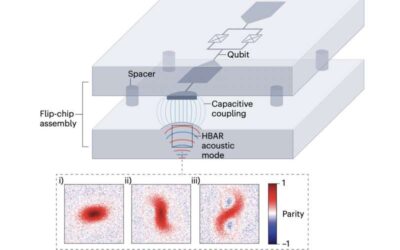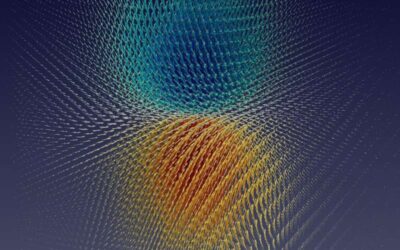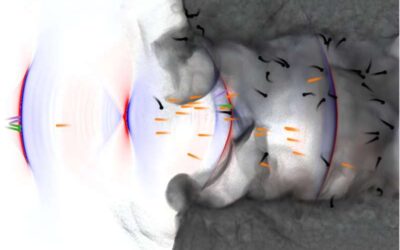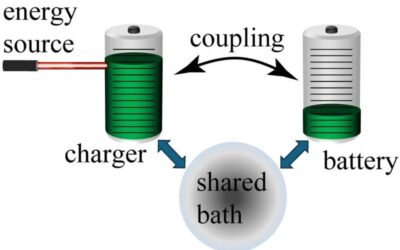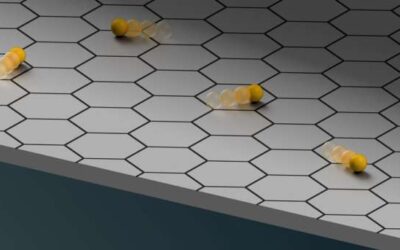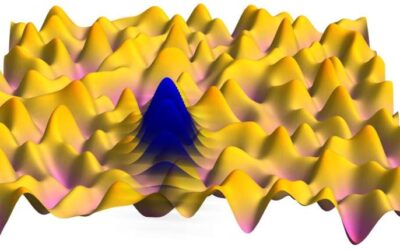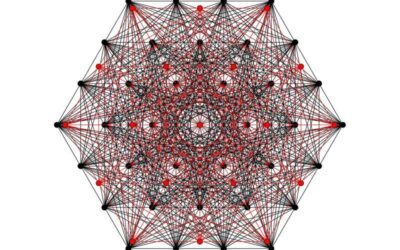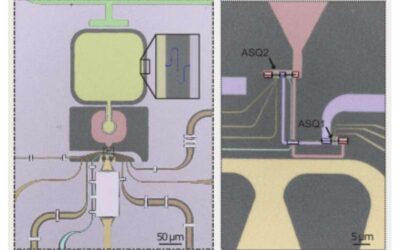Mechanical systems are highly suitable for realizing applications such as quantum information processing, quantum sensing and bosonic quantum simulation. The effective use of these systems for these applications, however, relies on the ability to manipulate them in...
Quantum Physics
A method to reversibly control Casimir forces using external magnetic fields
The so-called Casimir force or Casimir effect is a quantum mechanical phenomenon resulting from fluctuations in the electromagnetic field between two conducting or dielectric surfaces that are a short distance apart. Studies have shown that this force can be either be...
Exploring the origin of polaron formation in halide perovskites
Halide perovskites are a class of materials with an underlying structure resembling that of mineral perovskites, but with X sites occupied by halide ions, while their A and B sites are occupied by cations. These materials have various advantageous properties that make...
How does light interact with matter at extreme intensities, near the Schwinger limit?
The experimental generation of increasingly intense light beams could help to unveil new physical regimes occurring in the presence of very strong electromagnetic fields. While some progress has been made towards this goal, physicists are yet to develop a reliable...
Nonreciprocal quantum batteries exhibit remarkable capacities and efficiency
In physics, nonreciprocity occurs when a system's response varies depending on the direction in which waves or signals are propagating within it. This asymmetry arises from a break in so-called time-reversal symmetry, which essentially means that a system's processes...
Researchers observe quantum critical Bose gas of magnons in quasi-2D antiferromagnet
Three-dimensional (3D) antiferromagnets are materials in which magnetic moments of atoms or ions are arranged in a 3D lattice structure with neighboring spins aligned in opposite directions. Physicists have observed a fascinating magnetic field–induced phase...
Study uncovers a quantum acoustical Drude peak shift in strange metals
Researchers at Harvard University, Sabanci University, and Peking University recently gathered findings that could shed light on the origin of the high-temperature absorption peaks observed in strange metals, a class of materials exhibiting unusual electronic...
A framework to construct quantum spherical codes
To reliably perform complex, large-scale calculations, computing systems rely on so-called error correction schemes, techniques designed to protect information against errors. These techniques are perhaps even more essential when it comes to quantum computers, devices...
The tunable coupling of two distant superconducting spin qubits
Quantum computers, computing devices that leverage the principles of quantum mechanics, could outperform classical computing on some complex optimization and processing tasks. In quantum computers, classical units of information (bits), which can either have a value...
Researchers realize multiphoton electron emission with non-classical light
Strong field quantum optics is a rapidly emerging research topic, which merges elements of non-linear photoemission rooted in strong field physics with the well-established realm of quantum optics. While the distribution of light particles (i.e., photons) has been...

